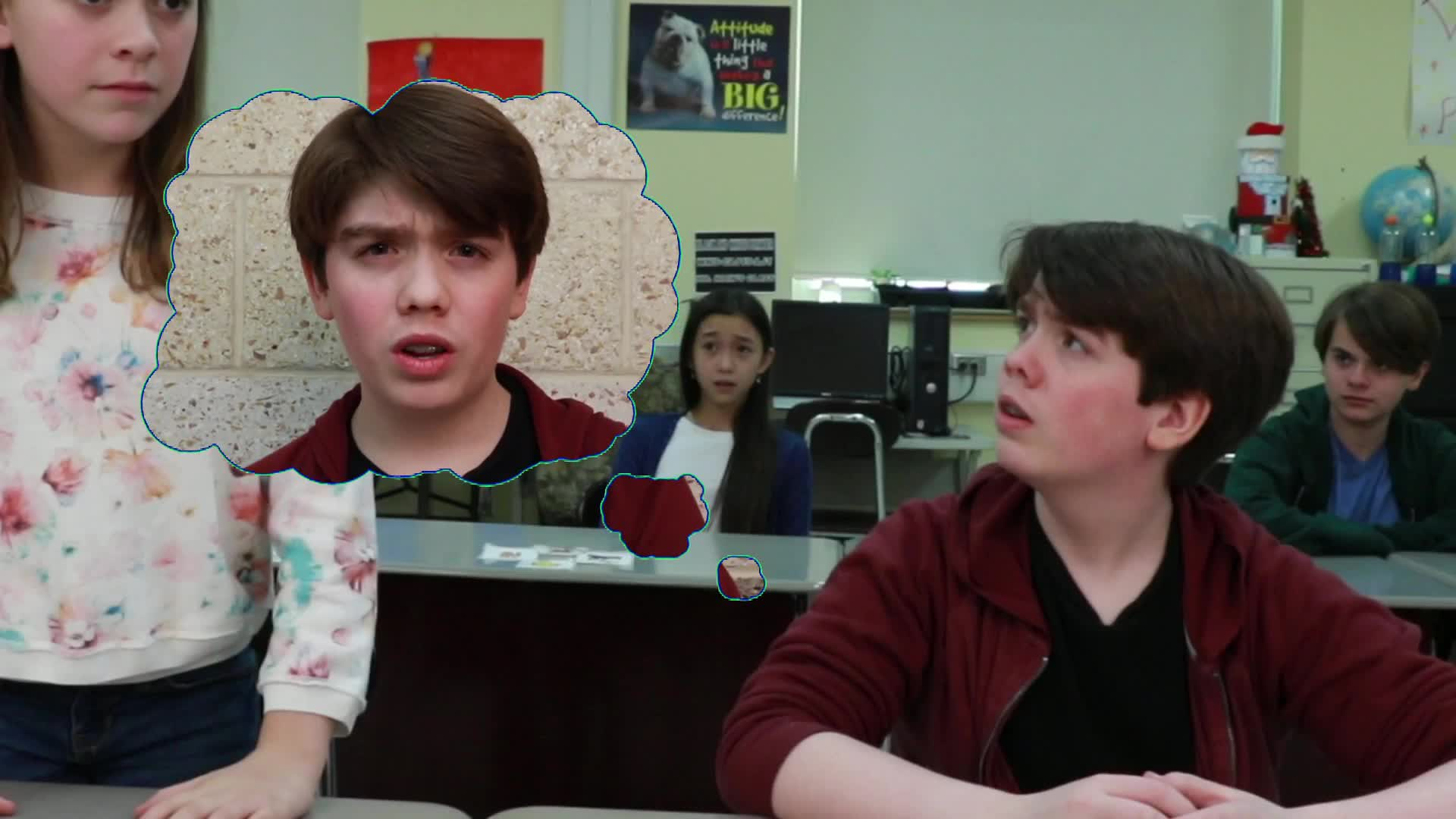
As educators, it’s essential to teach kindergarten students the importance of waiting for their turn, a crucial skill in social-emotional learning. In this blog post, we will explore an engaging no-prep activity, discussion questions, and related skills to help students develop this essential ability.
Introduction
Waiting for a turn can be a challenging task for young students, as it requires self-control and patience. In life, we need to consider others and understand what is expected of us in social situations. By teaching kindergarten students the art of waiting for their turn, we help them develop empathy, self-regulation, and respect for others.
No-Prep Activity
This no-prep activity is called “The Waiting Game” and is designed to help students practice waiting for their turn in a fun and engaging way.
- Have the students sit in a circle, with the educator standing in the middle.
- The educator holds a small object (e.g., a toy or a ball) and explains that they will pass it to each student, one at a time.
- As the educator passes the object, they will say, “It’s your turn!” to the student receiving it.
- Each student must wait for their turn to receive the object, then pass it back to the educator.
- As the game progresses, the educator can increase the waiting time between each turn to help students practice patience.
The Waiting Game allows students to experience the process of waiting for their turn in a controlled environment, encouraging them to develop patience and self-regulation.
Discussion Questions
After completing the no-prep activity, use these discussion questions to further explore the concept of waiting for a turn with your students:
- How did it feel to wait for your turn during the activity?
- Why is it important to wait for our turn in different situations?
- Can you think of a time when you had to wait for your turn outside of school? How did you handle it?
- How do you think others feel when they have to wait for their turn?
- What can you do to make waiting for your turn easier and more enjoyable?
Related Skills
Teaching students the art of waiting for their turn also helps develop other essential social-emotional learning skills, such as:
- Empathy: Understanding and sharing the feelings of others.
- Self-regulation: Managing emotions and behaviors in different situations.
- Respect: Showing consideration and understanding for the feelings and rights of others.
- Cooperation: Working together with others to achieve a common goal.
Next Steps
Ready to explore more social-emotional learning skills and activities for your kindergarten students? Sign up for free sample materials at Everyday Speech and continue your journey in fostering a positive learning environment for your students.





